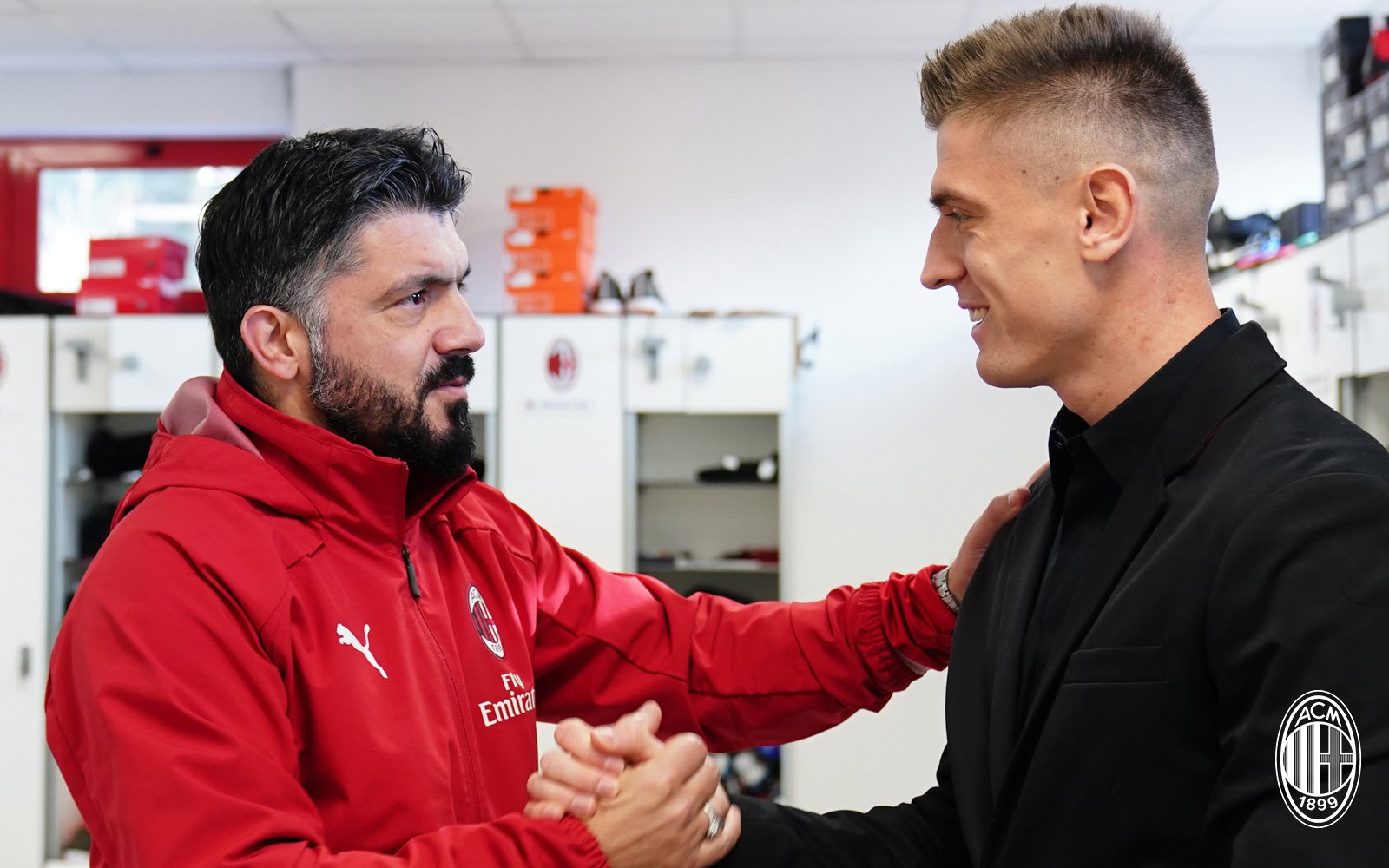Summary: This post explains the concept of regression to the mean, showing how exceptional success often includes luck and why performance tends to return to average over time.

Success = talent + luck
Great success = a little more talent + a lot of luck
Before you start blaming Krzysztof Piątek for a lack of effectiveness (or at least less than he had at Genoa), just remember: statistically… he's simply regressing to the mean :)
There's talk of the Sports Illustrated cover jinx — that an athlete who lands on the cover will have a disappointing season afterward. But it’s hard to believe a magazine causes worse performance. The explanation is simple: to get on the cover, a player must have had an outstanding season. In the next one, they return to their average, ordinary performance. And that is perceived as a disappointing result. Likely, during their standout season, plain old luck played a big role. Without diminishing their skill, a return to the mean is an inevitable mathematical fact. After all, how long can you keep succeeding just because of luck?
Daniel Kahneman once gave a lecture on the psychology of effective training to flight instructors in the Israeli Air Force. He explained that rewarding improvement is more effective than punishing mistakes. One of the top instructors responded:
“When I praise a pilot for a good maneuver, the next one goes worse. But when I chew him out for a bad one, the next goes better.”
His observation was correct — praise was followed by disappointment, criticism by improvement.
Kahneman then conducted an experiment: he drew a chalk mark on the floor and had instructors turn around and toss two coins, one at a time. The result? Most who hit the mark the first time did worse the second time, while those who missed initially tended to improve.
The instructor had actually noticed the phenomenon of regression to the mean, but he drew the wrong conclusion. It wasn't the praise or the scolding that influenced the quality of the next maneuver. It was simply a statistical effect of randomness.
So, we need to be careful not to draw incorrect conclusions from correct observations — don’t force causal interpretations onto random events. Reward performance, don’t punish failure.
Regression to the mean also applies to athletes who appear on the SI cover. But it’s not a rule without exceptions — some athletes don’t just get lucky, they’re genuinely much better than the rest. Tonight at 20:45, Milan faces Napoli in the Coppa Italia. Let KP19 prove that luck has nothing to do with it!
Sources
- Daniel Kahneman — Thinking, Fast and Slow
- Wikipedia: Sports Illustrated cover jinx
- Photo